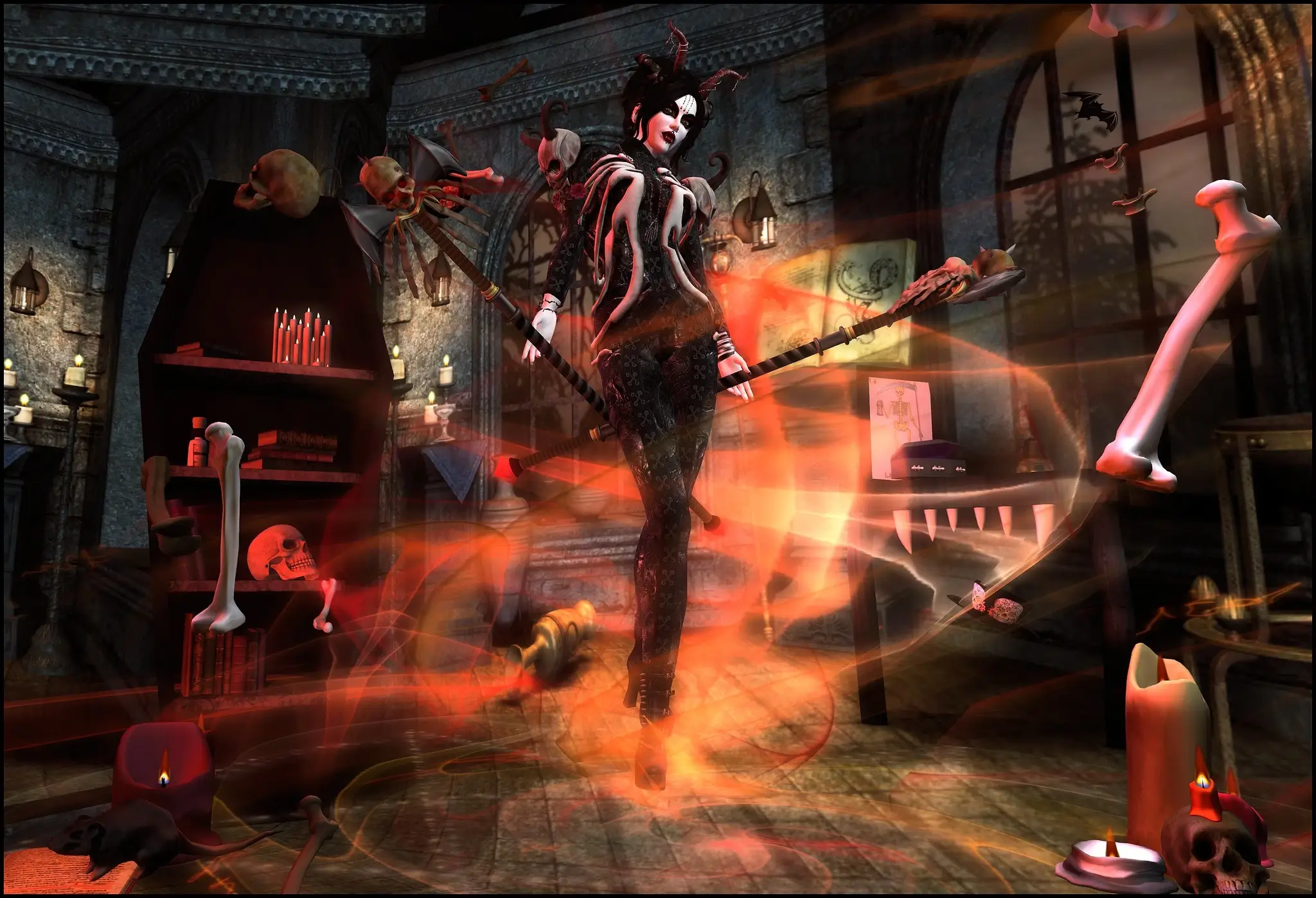Necromancer Names: How to Choose the Perfect One for Your Dark Character
fellow storytellers and dark fantasy enthusiasts! Ever found yourself lost in the spine-chilling world of necromancy, trying to conjure up the perfect name for your ominous protagonist? Well, fear not, because we’re about to embark on a journey into the mystical depths of naming your necromancer character. So grab a comfy seat and a cup of your favorite eerie brew as we unravel the secrets of choosing the ideal necromancer names for your dark and enchanting creation. From ancient whispers to modern mystique, we’ve got the lowdown on navigating the shadowy realms of necromancer names. Let’s dive in and discover how to cast the perfect naming spell that will leave your readers spellbound!
What Makes Good Necromancer Names?
Before we dive into some specific examples of necromancer names, let’s first discuss what makes a good name for a necromancer. Here are some of the qualities that you should look for when choosing a name for your dark character:
- Meaningful: A good necromancer name should have some connection to the theme of death, decay, or darkness. This can be done by using words or roots that relate to these concepts, such as “mort”, “necro”, “thanatos”, “mors”, “umbra”, etc. Alternatively, you can use names that have a historical or mythological association with death, such as “Hades”, “Anubis”, “Osiris”, “Kali”, “Hel”, etc. You can also use names that have a negative or ominous connotation, such as “Malus”, “Nox”, “Ruin”, “Doom”, etc.
- Original: A good necromancer name should be unique and memorable. You don’t want to use a name that is too common or generic, such as “Bob”, “Alice”, “John”, or “Mary”. You also don’t want to use a name that is too similar to another famous or popular necromancer, such as “Voldemort”, “Sauron”, “Necron”, or “Lich King”. You want to create a name that stands out and reflects your character’s personality and style.
- Appropriate: A good necromancer name should fit the setting and genre of your story. You don’t want to use a name that is too modern or futuristic for a medieval or fantasy setting, such as “Zane”, “Skyler”, “Jade”, or “Nova”. You also don’t want to use a name that is too ancient or exotic for a contemporary or urban setting, such as “Thoth”, “Nefertiti”, “Gilgamesh”, or “Xerxes”. You want to use a name that matches the tone and atmosphere of your story.
Examples of Necromancer Names
Now that we have some methods for generating necromancer names, let’s see some examples of necromancer names that we can create using these methods. We will divide the names into two categories: female and male necromancer names. We will also provide some explanations for the meanings and origins of the names, as well as some suggestions for how to use them in your story.
Female Necromancer Names
Here are some examples of female necromancer names, along with their meanings and origins:
- Lilith: Lilith is a name that comes from Hebrew and Babylonian mythology, where she was a female demon or a night creature. She was also associated with death, darkness, and witchcraft. Lilith is a name that suits a powerful and seductive necromancer, who uses her charms and spells to manipulate and destroy her enemies.
- Morrigan: Morrigan is a name that comes from Celtic mythology, where she was a goddess of war, death, and fate. She was also known as the Phantom Queen, and she could shape-shift into a crow or a raven. Morrigan is a name that suits a fierce and ruthless necromancer, who commands legions of undead warriors and ravens to do her bidding.
- Nyx: Nyx is a name that comes from Greek mythology, where she was the goddess of the night. She was also the mother of many dark and dreadful beings, such as Thanatos (death), Hypnos (sleep), and Nemesis (retribution). Nyx is a name that suits a mysterious and ancient necromancer, who wields the power of darkness and shadows to conceal and terrify her foes.
- Selene: Selene is a name that comes from Greek mythology, where she was the goddess of the moon. She was also the lover of Endymion, a mortal prince who was put into an eternal sleep by Zeus. Selene is a name that suits a beautiful and tragic necromancer, who uses the moonlight and the stars to guide and enchant her undead minions.
Zara: Zara is a name that comes from Arabic, where it means “star” or “flower”. It is also a variant of Sarah, which means “princess” or “lady” in Hebrew. Zara is a name that suits a graceful and elegant necromancer, who uses her magic and charisma to charm and deceive her adversaries.







